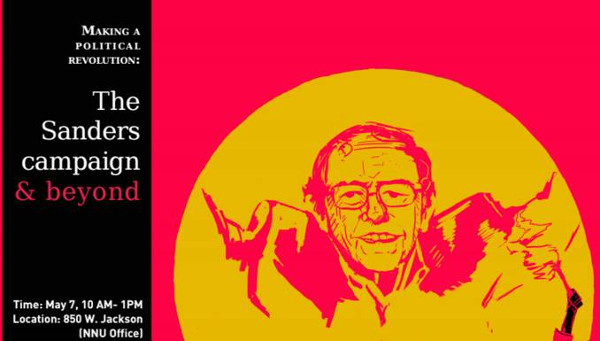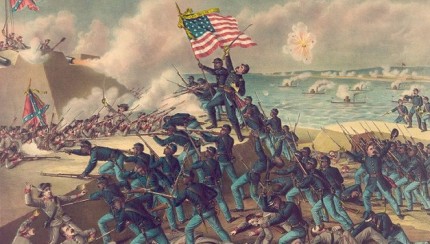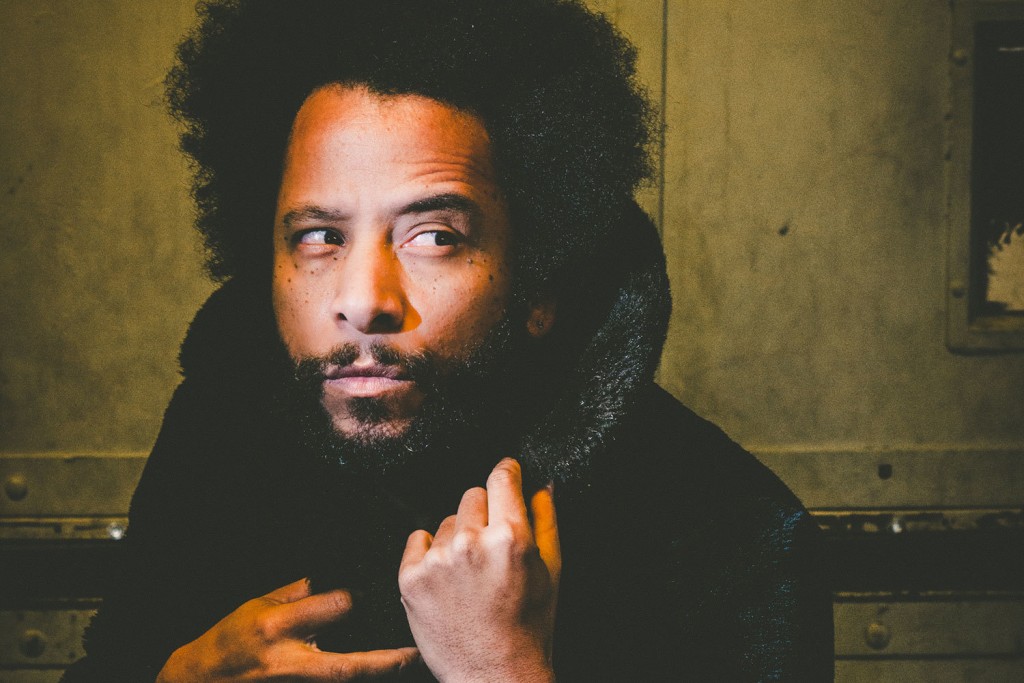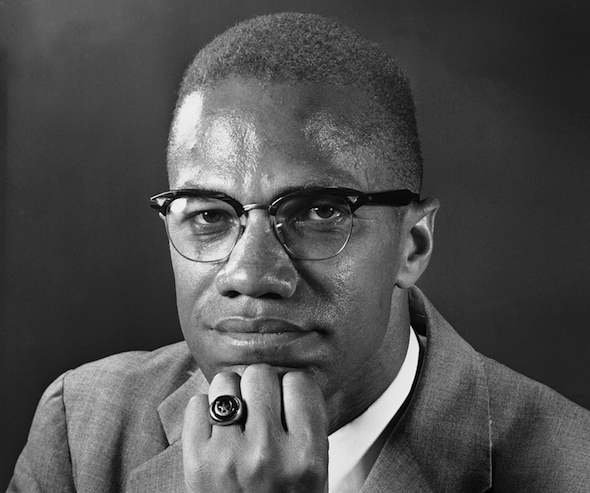For The Centenary of the October Revolution
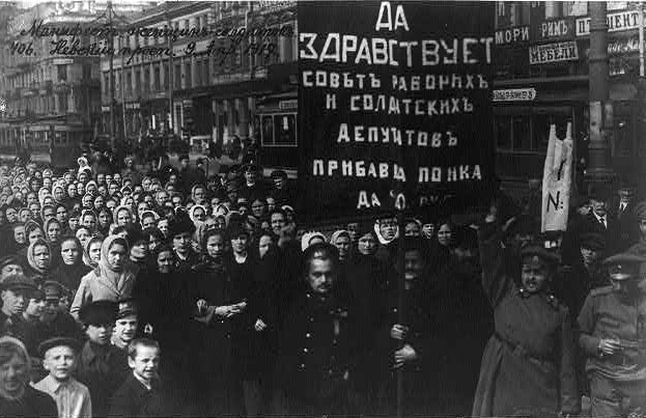
These remarks were originally intended to be shared at a film screening to mark the centenary. As that event has been cancelled, I decided to share them here.
On International Women’s Day of 1917 the women textile workers of Petrograd went on strike. They wanted food for their families and an end to the war. Tens of thousands joined them in the streets, and a week later the Russian Tsarist monarchy was no more.
This set into motion eight months of continued struggle, which culminated in the first worker’s state in the history of the world. On October 25th, 1917 (which is November 7th on our current Gregorian Calendar) the Bolsheviks, along with the left wing members of the Menshevik and Socialist Revolutionary parties, having gained a majority in the Congress of Soviets, took power from the final iteration of a provisional government that had stumbled through numerous reconstitutions and attempts to consolidate power since February. The people wanted “peace, land and bread” and the provisional government had failed to deliver.
It was the only revolution in human history that occurred in accordance with a popular democratic vote.
One-hundred years have passed. Why should we still care about the October Revolution?
I’d just like to share a few quotes that I think sum things up pretty well.
The first is from Victor Serge, who was an anarchist who returned to Russia from exile after the revolutions, and joined the Bolsheviks.
“The essential gain of that day, of those years, is the fact that for the first time in history the workers were able to achieve total victory, sustain it, take control of all the levers of command of society, both the economic and the political, get the machine working, and, under the worst conditions, reorganize, despite unbelievable difficulties, all of production on a collective basis. This is what remains and will remain; this is what makes the Russian October shine behind us like a flame that nothing can tarnish.”
There’s also a passage from China Miéville’s excellent history October that’s worth reading. He writes first about the horrors that came under Stalin, and then observes that those who count themselves on the side of the revolution must engage with the failures and crimes that followed in its wake. But he goes on to say:
“It is not for nostalgia’s sake that the strange story of the first socialist revolution in history deserves celebration. The standard of October declares that things changed once, and they might do so again.
“October, for an instant, brings a new kind of power. Fleetingly, there is a shift towards workers’ control of production and the rights of peasants to the land. Equal rights for men and women in work and in marriage, the right to divorce, maternity support. The decriminalisation of homosexuality, 100 years ago. Moves towards national self-determination. Free and universal education, the expansion of literacy. And with literacy comes a cultural explosion, a thirst to learn, the mushrooming of universities and lecture series and adult schools. And though those moments are snuffed out, reversed, become bleak jokes and memories all too soon, it might have been otherwise.
“Twilight, even remembered twilight, is better than no light at all.”
I find it worthwhile to study these events not only to draw inspiration from them, but also in order to better understand what ultimately went wrong, and how we, in our time, might get it right.
And I think it’s particularly important for my countrymen to learn about the great American radicals who were involved in the events of 1917. It’s a history that has been suppressed and hidden and stolen from us, but from them we can learn that fomenting communist revolution is as American as apple pie.
John Reed was an American journalist and political activist who witnessed the revolution first hand on the streets of Petrograd. His masterpiece Ten Days That Shook The World was, at the time of publication, the definitive account of the Russian Revolution. I think that it captures the essence, not only of that moment, but of the revolutionary impulse that is still with us today.
Just at the door of the station stood two soldiers with rifles and bayonets fixed. They were surrounded by about a hundred business men, Government officials and students, who attacked them with passionate argument and epithet. The soldiers were uncomfortable and hurt, like children unjustly scolded.
A tall young man with a supercilious expression, dressed in the uniform of a student, was leading the attack.
“You realise, I presume,” he said insolently, “that by taking up arms against your brothers you are making your-selves the tools of murderers and traitors?”
“Now brother,”answered the soldier earnestly, “you don’t understand. There are two classes, don’t you see, the proletariat and the bourgeoisie. We——”
“Oh, I know that silly talk!” broke in the student rudely. “A bunch of ignorant peasants like you hear somebody bawling a few catch-words. You don’t understand what they mean. You just echo them like a lot of parrots.” The crowd laughed. “I’m a Marxian student. And I tell you that this isn’t Socialism you are fighting for. It’s just plain pro-German anarchy!”
“Oh, yes, I know,” answered the soldier, with sweat dripping from his brow. “You are an educated man, that is easy to see, and I am only a simple man. But it seems to me——”
“I suppose,” interrupted the other contemptuously, “that you believe Lenin is a real friend of the proletariat?”
“Yes, I do,” answered the soldier, suffering.
“Well, my friend, do you know that Lenin was sent through Germany in a closed car? Do you know that Lenin took money from the Germans?”
“Well, I don’t know much about that,” answered the soldier stubbornly, “but it seems to me that what he says is what I want to hear, and all the simple men like me. Now there are two classes, the bourgeoisie and the proletariat——”
“You are a fool! Why, my friend, I spent two years in Schlüsselburg for revolutionary activity, when you were still shooting down revolutionists and singing ‘God Save the Tsar!’ My name is Vasili Georgevitch Panyin. Didn’t you ever hear of me?”
“I’m sorry to say I never did,” answered the soldier with humility. “But then, I am not an educated man. You are probably a great hero.”
“I am,” said the student with conviction. “And I am opposed to the Bolsheviki, who are destroying our Russia, our free Revolution. Now how do you account for that?”
The soldier scratched his head. “I can’t account for it at all,” he said, grimacing with the pain of his intellectual processes. “To me it seems perfectly simple—but then, I’m not well educated. It seems like there are only two classes, the proletariat and the bourgeoisie——”
“There you go again with your silly formula!” cried the student.
“——only two classes,” went on the soldier, doggedly.
“And whoever isn’t on one side is on the other…”
Though a century has passed since the events of 1917, the world remains much the same. This is why the experience of those days is still relevant, and worth our consideration. As long as the struggle between a greedy, callous ruling class and a weary, beleaguered working class continues, we shall have recourse to study, to remember and to celebrate Red October.


